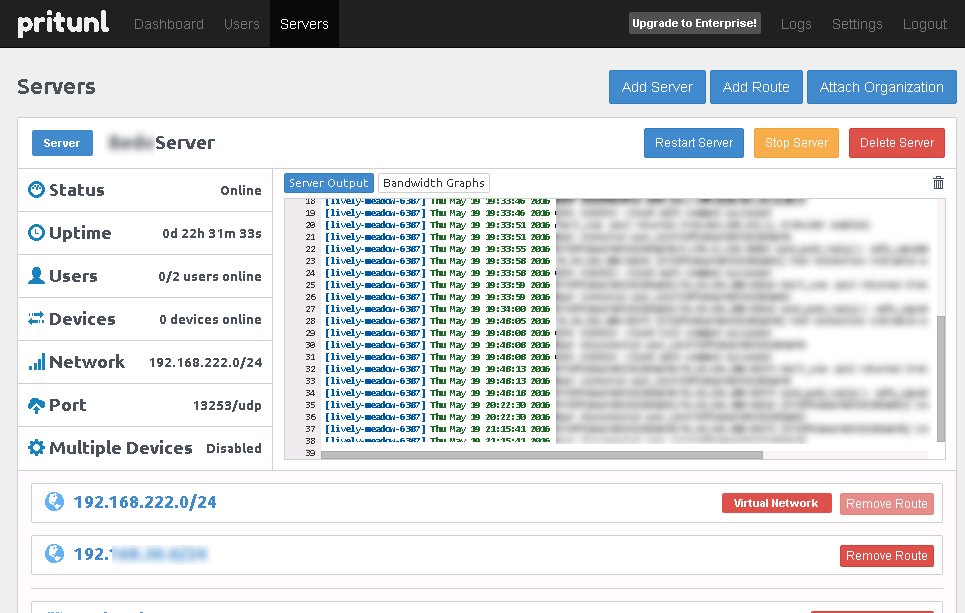

I like the way that Rhyme Genie conveniently orders words and the interface is generally easy to use although I found switching views could have been made easier.
#Rhyme genie download full
In the full version, you can also see Adjectives, Verbs, Adverbs and Nouns but in this demo you can only see a three second preview of each of these category before it switches back to Syllables. I can see that the great thing about Rhyme Genie is that it sparks your imagination in areas that you normally wouldn't have considered, and of course reveals words you'd probably never even thought of. There were no returns for one syllable although the word itself is two syllables so that's a bit much to expect anyway. For example, for the word "Software" I got about 30 results including "airfare, fanfare, class warfare, legionnaire, go on welfare and no thoroughfare".

Just type the word you'd like to rhyme in the dialog box at the top and Rhyme Genie will instantly deliver words of up to four syllables that rhyme with it. When it opens, click Demo Mode and you can start searching for words.
#Rhyme genie download install
"Abou Ben Adhem" is one of the prescribed poems in the 10th grade English Literature syllabus for the nationwide CISCE board exam in India.Note that you must drag and install the Rhyme Genie folder to your Applications folder as running it from the Disk Image means it won't work properly. It was used in the British satirical television programme Not the Nine O'Clock News, being simultaneously translated into mock Welsh by Rowan Atkinson.

The musical Flahooley features a genie named Abou Ben Atom, based on either Ibrahim or Abou played in the original 1951 Broadway production by Irwin Corey. The verse “Write me as one who loves his fellow men” came to be used in Hunt's epitaph, unveiled by Lord Haughton in 1869 at Kensal Green in North Kensington. Russell Jones, in the Journal of the Royal Asiatic Society, writes that the identification of Abou Ben Adham with Ibrahim ibn Adham was through two notes by H. However, while d'Herbelot has Abou-Ishak-Ben-Adhem ask God to write him down as one who loves the Lord ('écrivez-moi, je vous prie, pour l'amour d'eux, en qualité d'ami de ceux qui aiment Dieu'), the poem has him say "Write me as one, that loves his fellow men". Leigh Hunt's source for this was Barthélemy d'Herbelot, Bibliothèque orientale, first published in 1697. Thus indirectly, this is also a poem about a ‘blessed death’. The poem draws from Arabian lore, where in the Islamic month of Nous Sha'ban, God takes the golden book of mankind and chooses those dear to Him who He will call in the coming year. While the poem is metrically flexible, it essentially displays an iambic pentameter style. Here, the stanzas are ‘closed’ and so are the couplets (the pairs of rhyming lines), - i.e., they end with punctuation. The poem is written in a narrative style, and it is structured into four stanzas of 5, 5, 4 and 4 lines. The angel is said to be a representation of God's omnipresence, which observes anything and anyone.Īpart from the end rhyme scheme, Hunt uses alliteration to enrich the cadence of the poem. The poem shows a surprisingly liberal attitude for its time, and espouses the belief that true worship is in the service of others. It came again with a great wakening light,Īnd showed the names whom love of God had blest,Īnd lo! Ben Adhem's name led all the rest. Write me as one that loves his fellow men." "Nay, not so,"īut cheerly still and said, "I pray thee, then, "What writest thou?"-The vision raised its head,Īnd with a look made of all sweet accord,Īnswered, "The names of those who love the Lord." Making it rich, and like a lily in bloom, Analysis Īwoke one night from a deep dream of peace,Īnd saw, within the moonlight in his room, The first known appearance of this poem is in an album kept by the writer Anna Maria Hall, whose husband, Samuel Carter Hall published it in 1834, in his gift book The Amulet. The poem, due to its Middle Eastern setting and spiritualistic undertones, can be considered an example of Romantic Orientalism. The character of 'Abou Ben Adhem' is said to have been based on the ascetic Sufi mystic Ibrahim bin Adham. Hunt claims through this poem that true worship manifests itself through the acts of love and service that one shows one's fellowmen and women. The poem has been praised for its non-stereotypical depiction of an Arab. It concerns a pious Middle Eastern sheikh who finds the 'love of God' to have blessed him. " Abou Ben Adhem" is a poem written in 1834 by the English critic, essayist and poet Leigh Hunt.


 0 kommentar(er)
0 kommentar(er)
